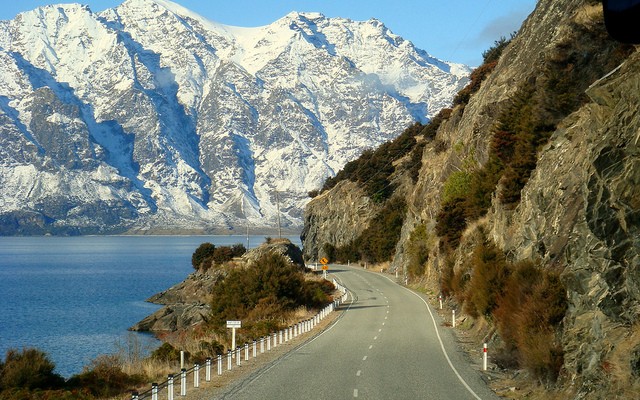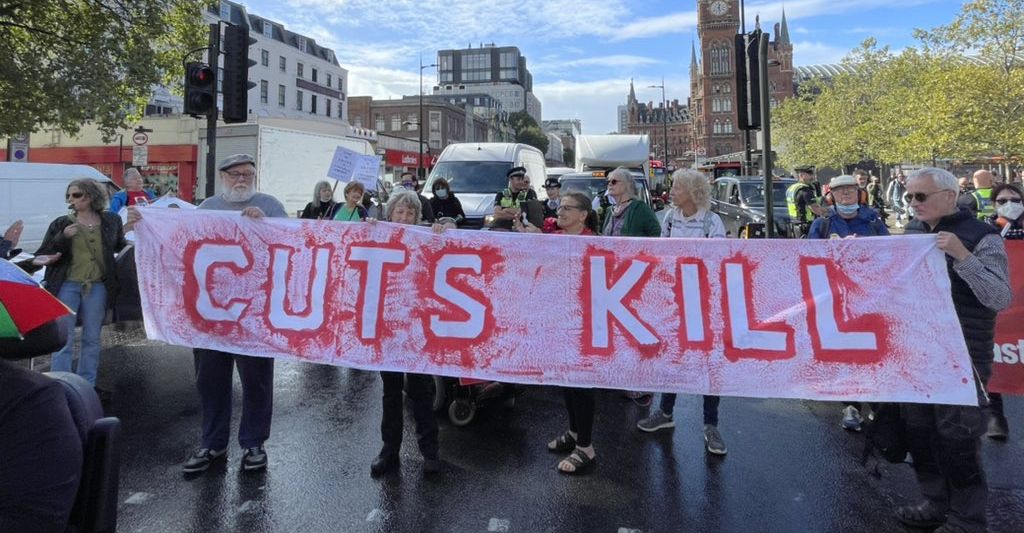New Zealand has a new government, and it came about in suspenseful fashion as the leader of the NZ First party announced he would throw his support behind Labour ten minutes into a prime-time press conference. Labour leader Jacinda Ardern learned she had become the prime minister at the same moment as the rest of us, and another hour passed before she was ready to speak to the media. A further week will pass before the line-up of ministers and the policy agreements are made public.
These unusual circumstances reflect the difficulty our political system still has in adjusting to mixed proportional representation – a difficulty echoed by today’s Australian headline ‘NZ shock: losers take power’. We are a full 21 years and eight elections into the current constitutional arrangements, but the thought that the party with the second highest vote might be better placed to form the government still baffles some. Hence, perhaps, last night’s televised theatrics.
If the art of the deal in a proportional system is compromise, what kind of compromise was it? The three parties to the asymmetric coalition – Labour and New Zealand First as full members, the Greens offering support outside of cabinet – agree on a lot of things, and we can expect few tensions in the key areas of economic management and social spending, as well as in education and even foreign policy. Given that all three parties strongly subscribe to common-sense pragmatism over ideology, there is in fact a danger that the junior partners will lose whatever it was that distinguished them in the eyes of voters, making them dip at the next election under the all-too-close 5% threshold required to be in parliament. This is where the popularity and considerable talent of Ardern could become a pitfall, if the success of the government comes to be identified with her success alone.
But we are nowhere near there yet. For progressives, the greater challenge is how to respond to a centrist coalition whose main point of agreement is that fighting inequality passes through curtailing immigration. Over the past term of National’s government, Labour has aggressively positioned itself as an anti-immigration party, all but matching the histrionic brand of racism displayed over the years by the leader of New Zealand First. The Greens themselves flirted briefly with this position, before internal dissent and – possibly – the realisation that the field was becoming too crowded made them change course again. But it’s difficult to imagine how they might be able to moderate the new government’s stance on immigration from outside of cabinet.
In this as in other areas, the country has precious few public institutions capable of providing an incisive and coherent critique of the government from the left, and – if history is any guide – the civil society groups that were active while Labour was in opposition could end up bargaining their more radical demands in exchange for the illusion of influence. In such an environment, there is a significant danger that criticism of the government would come exclusively from National’s very large contingent of MPs – with all the resources and question-time slots that this entails – and a heavily corporatised media whose interests strongly align with those of the business community.
However, there is an important distinction to be made. While the shift in votes between the centre-right and centre-left bloc at last month’s election was small, one of the key events that enabled Labour to be in a position to form a government is that it won all of the Māori seats, resulting in the disappearance of the Māori Party from parliament. This party – as Morgan Godfery reminded Overland readers last year – was created partway through Labour’s last turn in power as a response to anti-Indigenous rights legislation passed by Helen Clark, and due to the feeling among many Māori that the promises made by her government had been betrayed.
This time around, the debt of Labour to Māori voters may be even greater, and the promises made to them will be just as dangerous to ignore. Ardern’s cornerstone pledge to end child poverty, in a country where inequality skews heavily brown, supplies not only her opponents but also her supporters with an easy means of testing the effectiveness of the new government. In a country where Indigenous politics has historically been one of the main vectors of progressive politics, this can be a cause for optimism.
As is always the case when conservative governments are dethroned, there are of course other reasons to be happy: some big, some small. We’re going to see the back of some truly appalling minsters, and of the trail of technical advisers that over nine long years have been tasked with producing seldom publicised but very influential reports – the tools which governments use to restructure society and dismantle its networks of support.
There will be some immediate relief for unions and workers, a likely increase in the minimum wage, an end to the constant chipping away at rights and entitlements. There is the real prospect of reform of our abortion laws. All of these things matter, even as we rightly strive and hope for more. But today I’m happy above all for the Pike River families, whose seven-year struggle to have the bodies of their loved ones recovered from the sealed mine near Greymouth is about to come to an end. I have some hope that this will not only bring about closure for them, but also a fundamental change in attitudes and laws for the right to safety of workers. And if it were to happen early in Ardern’s government, it would be a good beginning.
Image: CameliaTWU / flickr



